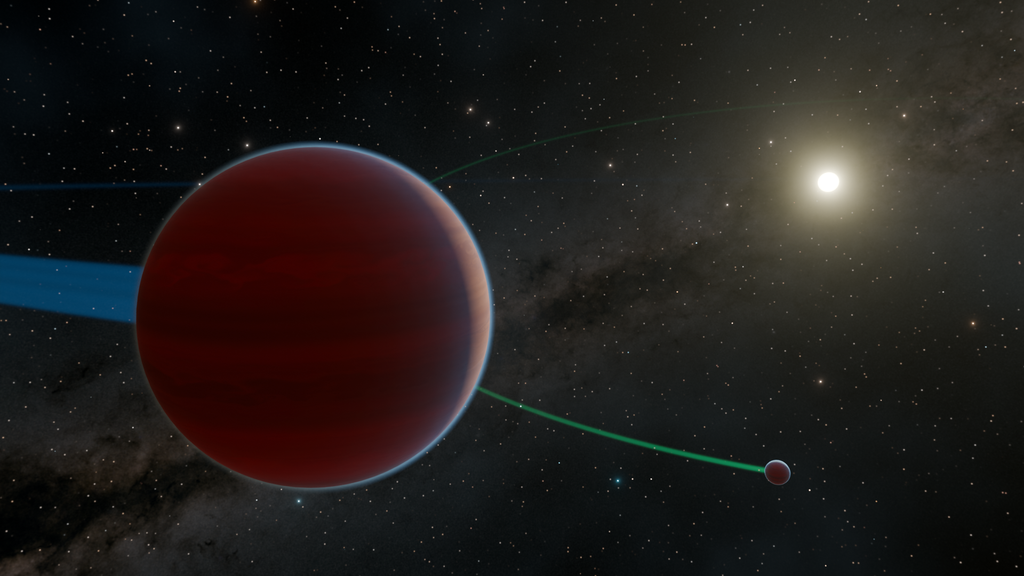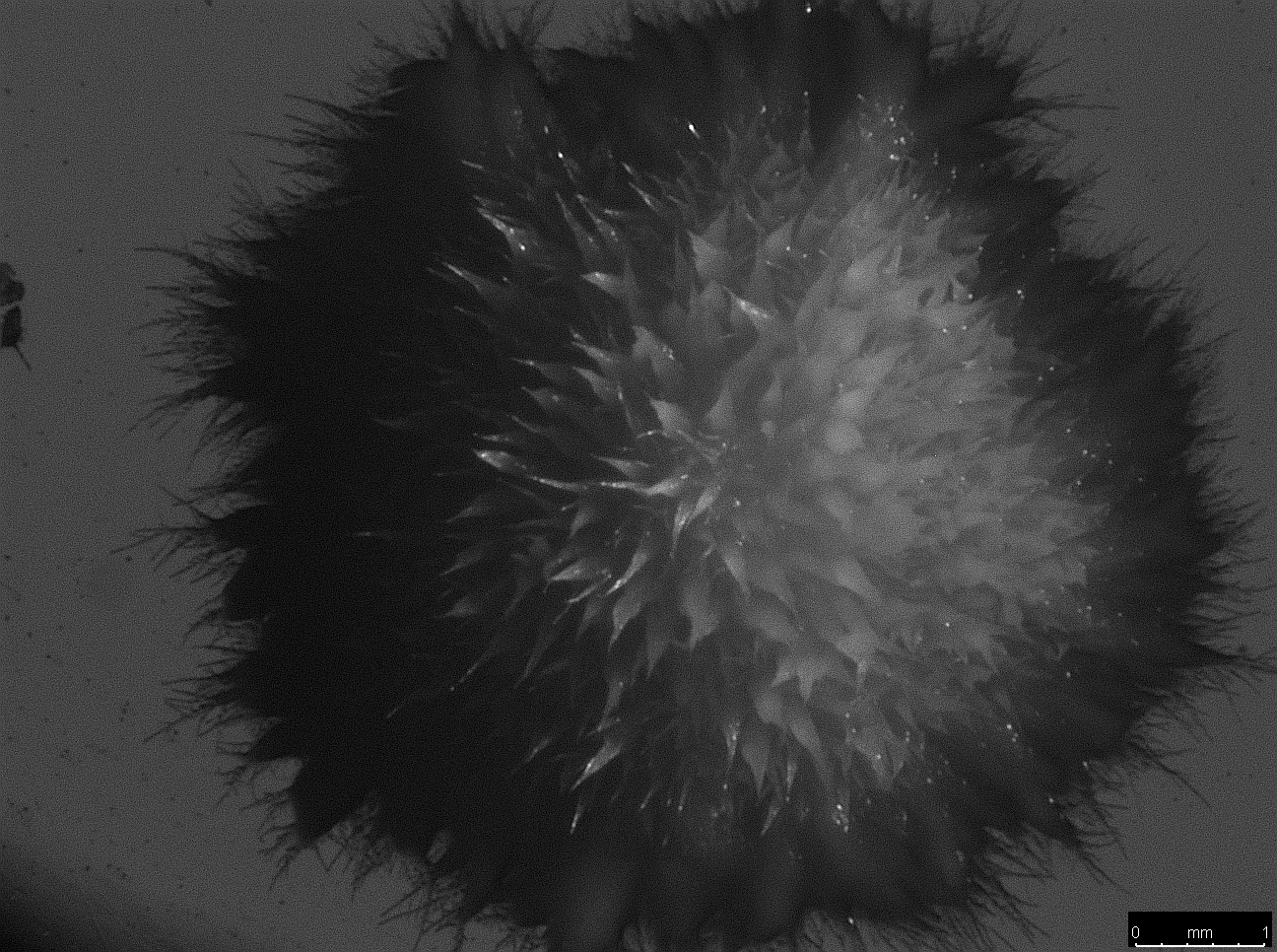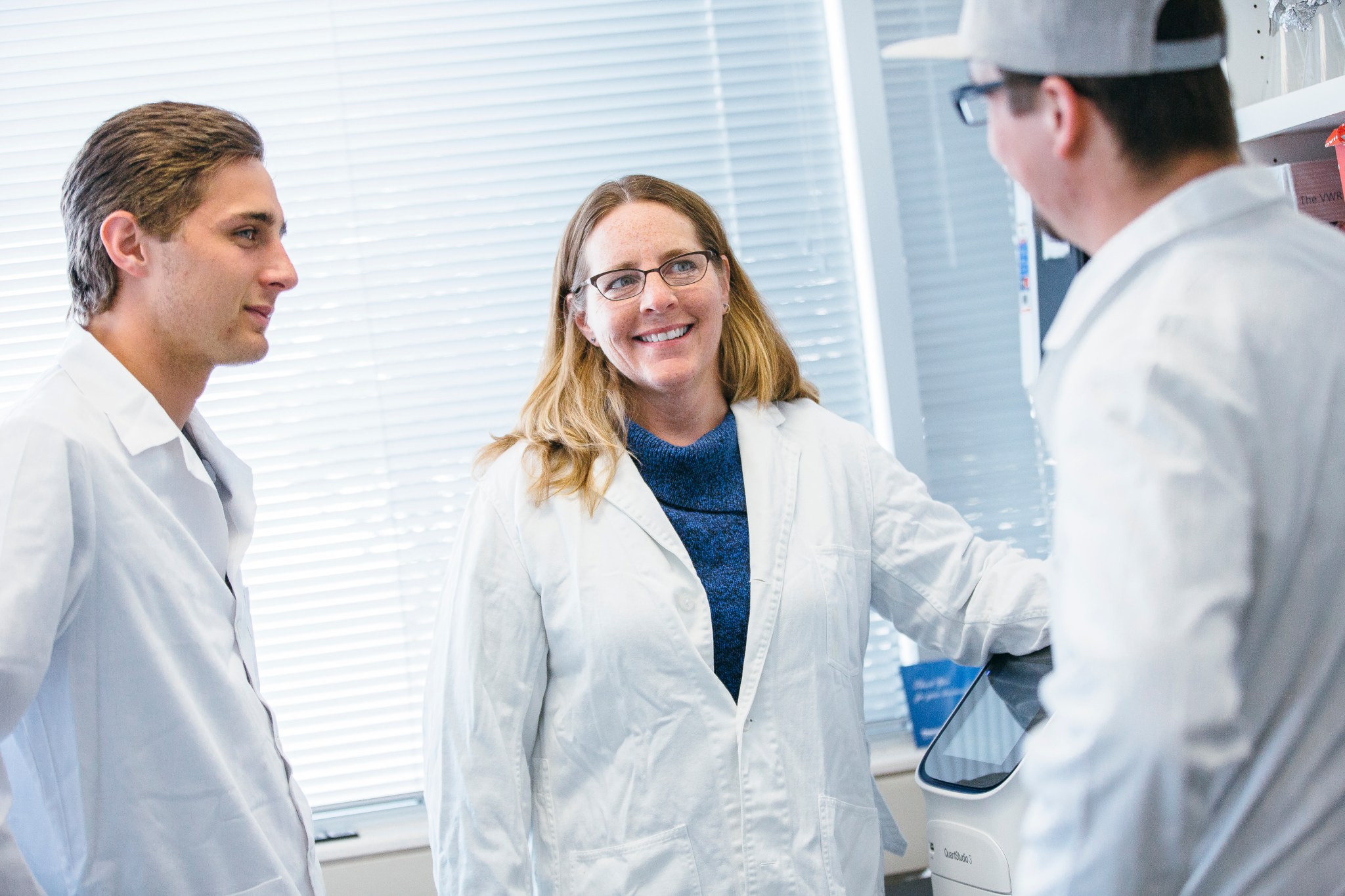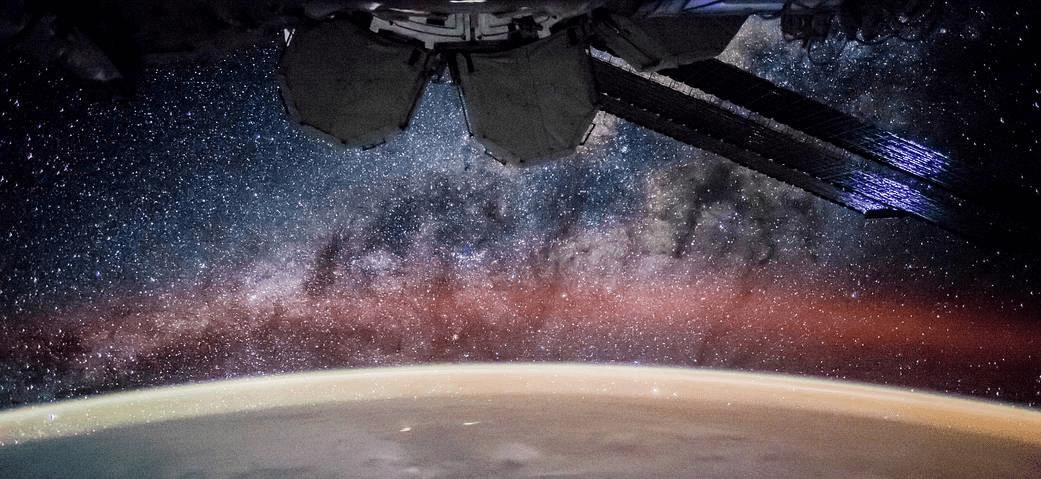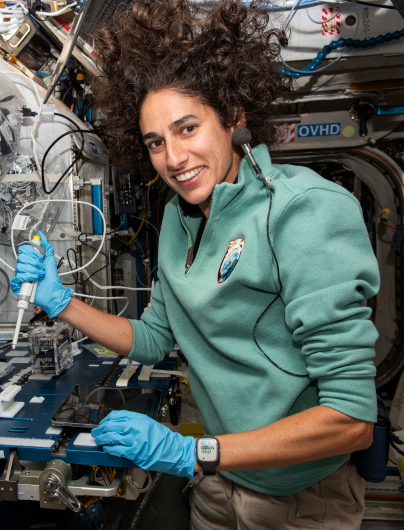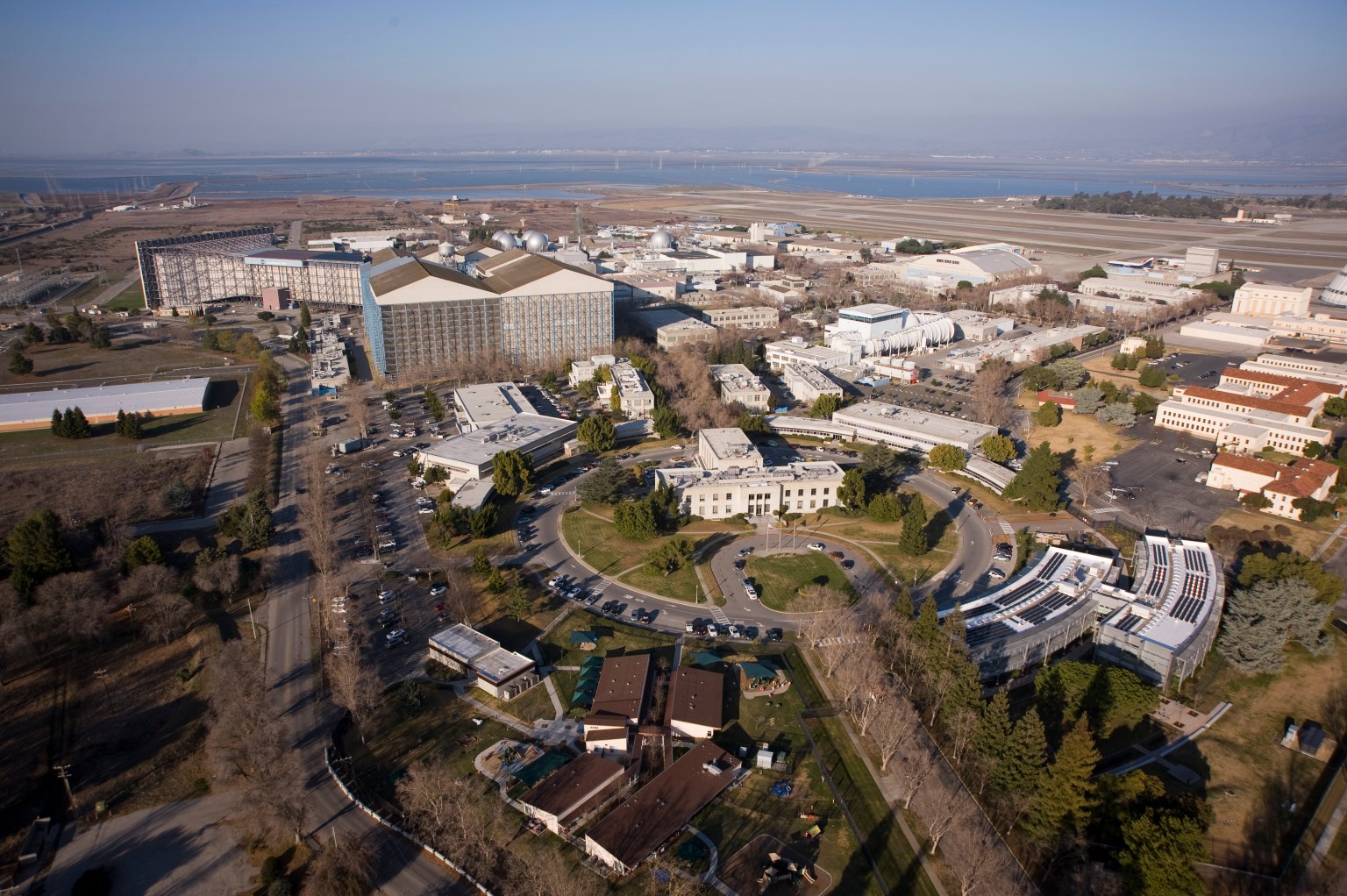Micro-14 (SpaceX-16)
Characterizing the Effects of Spaceflight on the Candida albicans Adaptation Responses
The Micro-14 life science research mission will study the effects of spaceflight on Candida albicans (C. albicans), a pathogenic yeast that can infect the human body. This study will characterize changes in the growth of C. albicans in microgravity and allow insight into what conditions in the environment influence these changes. The first portion of the mission was launched to the International Space Station on SpaceX-16 in late 2018 and the remainder is planned for launch on SpaceX-17 in 2019. This mission will fly again on SpaceX-21 in 2020.
C. albicans is a common member of the human gut flora and over 25% of the general population has the fungus in their system. For most people, it is a slight annoyance or not a problem at all, but for those with suppressed immune systems, a C. albicans infection can be dangerous and potentially even life threatening. Because the conditions of space weaken the immune systems of spaceflight crew members, they face higher risks to their health should they develop infections. Other microbes, for instance some species of bacteria, have been known to become more dangerous in the spaceflight environment, but we currently understand little about how the environmental stresses of space affect C. albicans. A clearer picture of how much this common and potentially dangerous microbe could pose a risk to astronauts is important for planning future spaceflights.
Micro-14 will build upon previous flight and ground-based studies of C. albicans. It will test for changes in the impact of C. albicans on human cells in space, using a variety of specialized hardware to create different conditions for growing yeast cultures in-orbit. Micro-14 will test how the characteristics and effects of C. albicans cells are altered by states such as oxygen depletion, carbon dioxide enrichment, and microgravity. The study will also include tests of different drug treatments to compare their effectiveness in treating C. albicans in the altered environments. At the end of the mission, samples from the studies will be returned to Earth for further study.
The overarching goals of the study are to characterize the potential health risk C. albicans poses to humans in space and to understand which particular conditions of the space environment affect the potential impact of the yeast. This information will help to identify better methods for controlling and treating yeast infections both in space and on Earth.
Payload Developer: BioServe Space Technologies
Payload Manager: Kevin Martin, NASA Ames Research Center
Mission Scientist: Amy Gresser, Ph.D., FILMSS, NASA Ames Research Center
Principal Investigator: Sheila Nielsen, Ph.D., Montana State University
For more information, see the Space Station Research Explorer for the Micro-14 mission.














